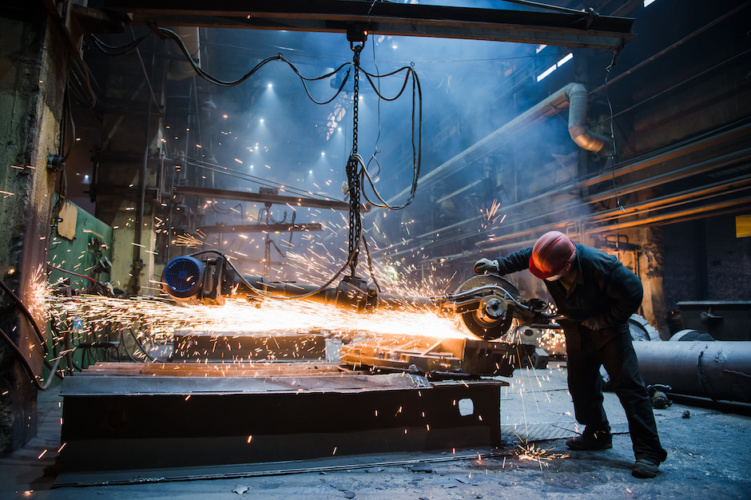
The team is led by Professor Mark Rainforth and Dr Junheng Gao from the university’s Department of Materials Science and Engineering. Published in the journal Nature, the team’s study details a new method of making lightweight, high strength steel that could be easily adapted to mass manufacturing and used to make vehicles lighter as well as more sustainable.
According to researchers, the technique can produce steel with a strength of nearly 2GPa, equating to a 1cm diameter wire capable of holding a weight of 15 tonnes. It could also produce steel with an elongation of 45 per cent, the team said, meaning the steel would be ductile enough to be formed into complex shapes.
Copper is used in the team’s new method, an element increasingly being found in recycled steels because much of it is made using recycled cars and other engineered items containing electrical wiring.
RaRE project aims for electric motors from waste
Comment: sustainable mobility can put environmental damage into reverse gear
“Copper is typically seen as an element to avoid by steelmakers as it can have a negative impact on certain types of steel,” said Rainforth. “However, what we’ve managed to do here at Sheffield is develop a completely new technique that is able to harness copper in a positive way in order to produce a truly world leading quality of steel.”
The Sheffield team discovered that the presence of copper results in rapid precipitation when the steel is heat treated during processing. This restricts the growth of grains in the material’s microstructure, leaving an ultrafine-grained microstructure which imparts high strength and superior ductility but also enhances thermal stability, the study explained.
An average car contains 900kg of steel, so any way of reducing this will improve the performance of the vehicle in terms of environmental impact. The benefit of using high strength steels is that less material can be used, so total weight of components is reduced for the same level of performance.










Construction industry lags in tech adoption
Are these the best people to ask "Insights from 2,000 Industry Leaders"? - what would their customers views be like (perhaps more...